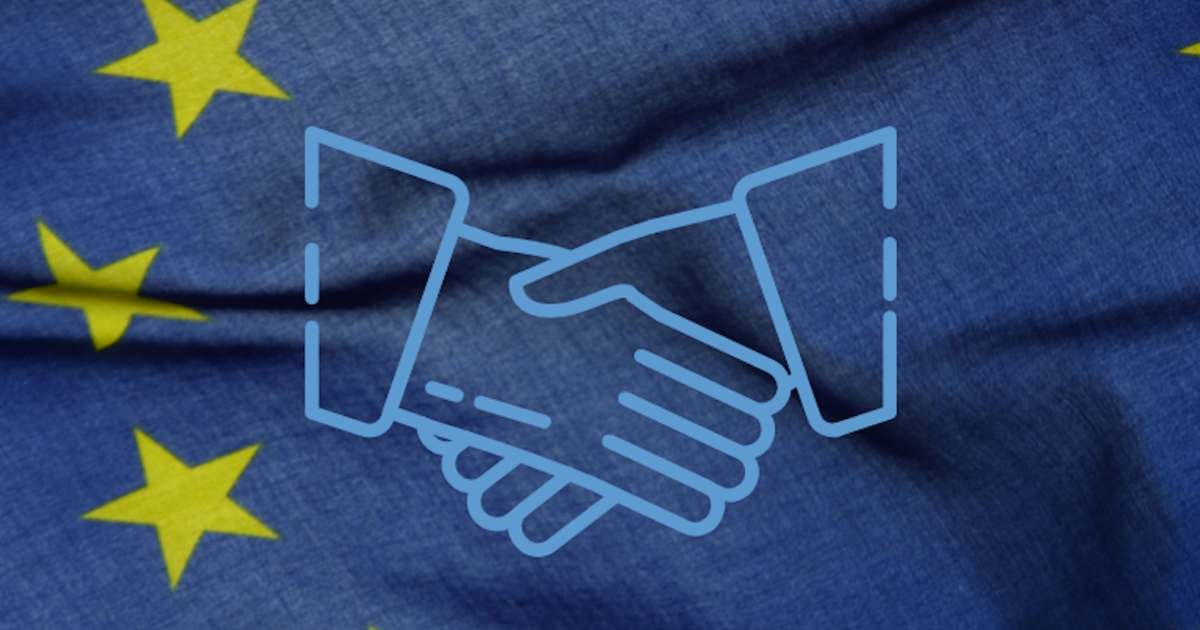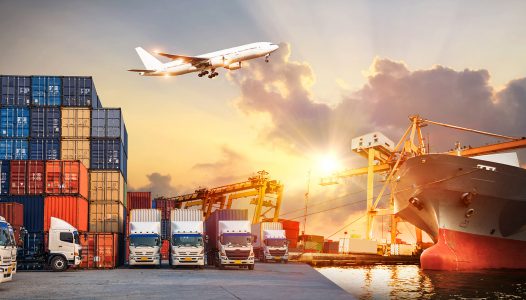The value of EU trade covered by the vast network of 42 agreements with 74 partners in place in 2023 was more than €2.3 trillion, having risen by over 30% over the past five years, according to the Annual Report on the implementation and enforcement of EU trade policy published recently. EU exports to preferential trade partners are increasing more steadily than our overall exports – our preferential agreements with South Korea with Canada, for example, each deliver an average export growth of 7% annually – and have made the EU more resilient in the face of global challenges by providing safer, more diverse sources of supply for our imports and markets for our exports.
The European Commission has also removed 140 barriers to EU exports in more than 40 countries over the past five years. The removal of barriers between 2018-2022 unlocked an additional €6.2 billion of EU exports in 2023 alone.
Opening up EU export opportunities through trade deals and effective enforcement and implementation of trade policy benefit EU consumers and businesses, including the 680,000 EU SMEs who rely on them for growth markets. They are part and parcel of the EU’s long-term strategy to strengthen its companies’ competitiveness and safeguard its economic security.
The implementation of agreements such as the sustainable investment facilitation agreement concluded with Angola and the enforcement of trade and sustainable development provisions in existing agreements play a critical role in supporting the external side of the European Union’s digital and green transition. On TSD technical cooperation, the Commission agreed on concrete activities with Peru and proposed a technical cooperation program to Colombia to ensure that labour rights are respected and upheld.
Background
The Report, along with a Staff Working Document, details the main developments in the EU’s preferential trade partnerships. It showcases the impacts of the removal of trade barriers and resolution of disputes with the help of the EU’s strengthened toolbox of autonomous enforcement instruments. It also highlights the efforts to promote the advantages of the EU’s trade agreements among stakeholders, notably the Access2Markets portal.






